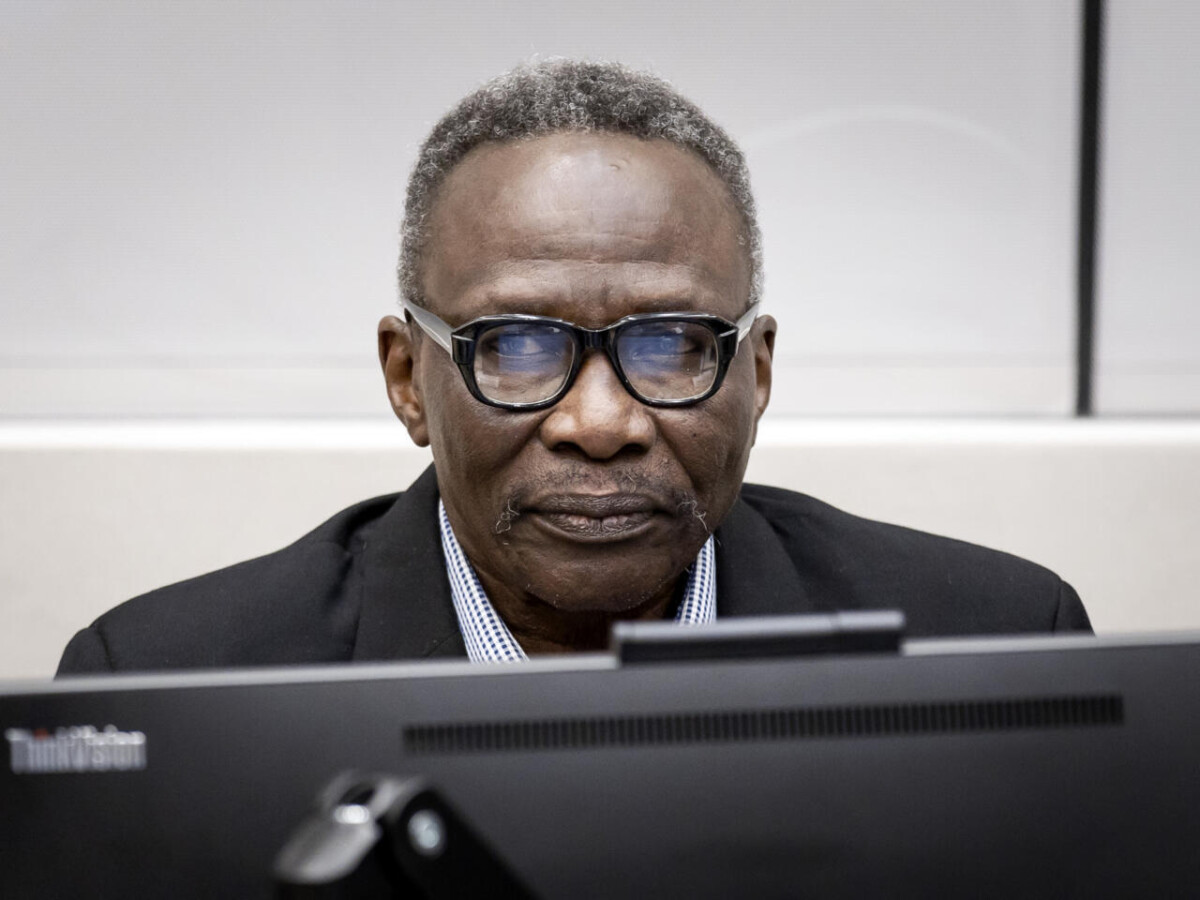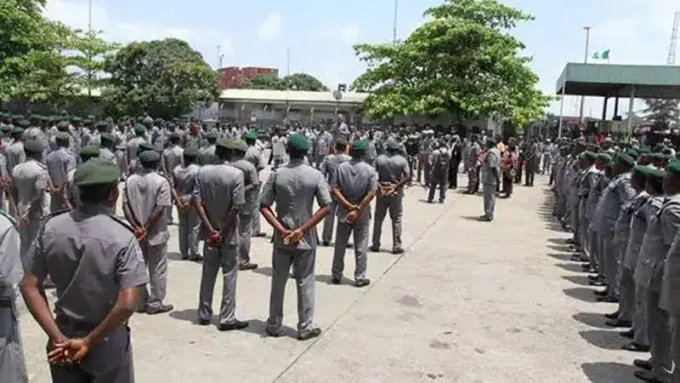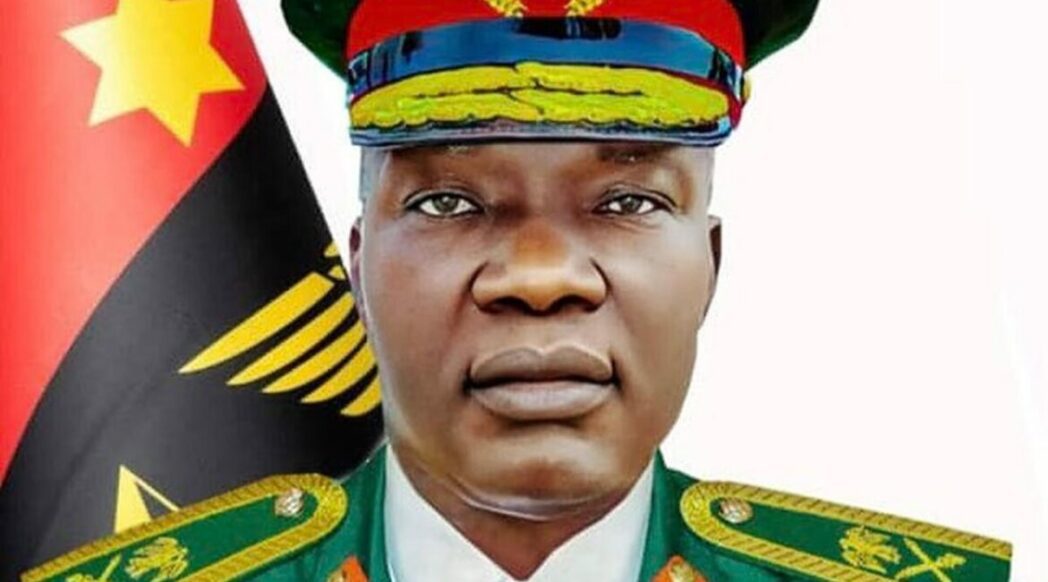The International Criminal Court (ICC) in The Hague has begun closing statements in the trial of Mahamat Said Abdel Kani, a former commander of the Seleka rebel group from the Central African Republic. He faces charges of war crimes and crimes against humanity for alleged oversight of torture, enforced disappearances, and persecution at detention centers in Bangui during 2013, amidst violent conflict between the predominantly Muslim Seleka rebels and the mainly Christian anti-Balaka militia.
During the proceedings, prosecutors presented disturbing accounts of abuse, focusing on the severe violence inflicted on vulnerable groups, including women, children, the elderly, and disabled individuals. Deputy prosecutor Mame Mandiaye Niang emphasized the horrific nature of the crimes, highlighting instances of women being raped in front of their families and detainees enduring torture. These testimonies aim to directly implicate Abdel Kani in these atrocities.
Abdel Kani has maintained his innocence, pleading not guilty to all charges. His defense team contends that the evidence against him is unreliable and that the prosecution’s narrative is biased and fails to reflect the actual events in the Central African Republic at the time.
Should he be convicted, Abdel Kani could face a maximum sentence of life imprisonment. This trial is significant as it represents the conclusion of the last active case at the ICC, reflecting the court’s ongoing mission to tackle impunity for serious international crimes. The ICC also contends with various challenges, including sanctions from the United States and ongoing internal investigations involving chief prosecutor Karim Khan. Despite these struggles, the ICC remains dedicated to delivering justice for victims of war crimes and crimes against humanity.










Do you think the ICC trial will bring justice or just more political drama? Curious to hear your thoughts!
Do you think the ICC trial will bring justice to the victims in the Central African Republic? Lets discuss!
Do you think the ICC trial will bring justice or just more chaos to the Central African Republic? Whats your take?
Do you think the ICC trial will bring justice to the victims in the Central African Republic? Lets discuss!
Shouldnt we be focusing on reconciliation and peacebuilding instead of just trials? Lets think bigger picture here.